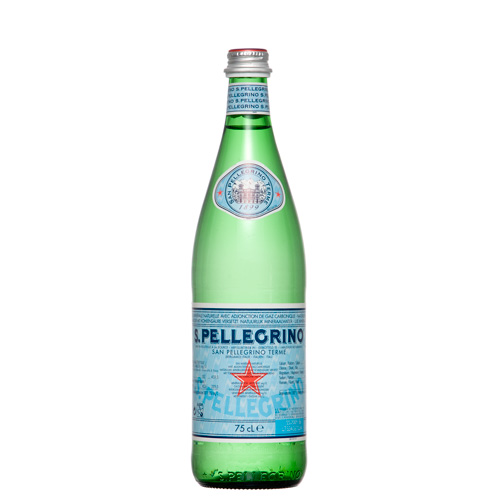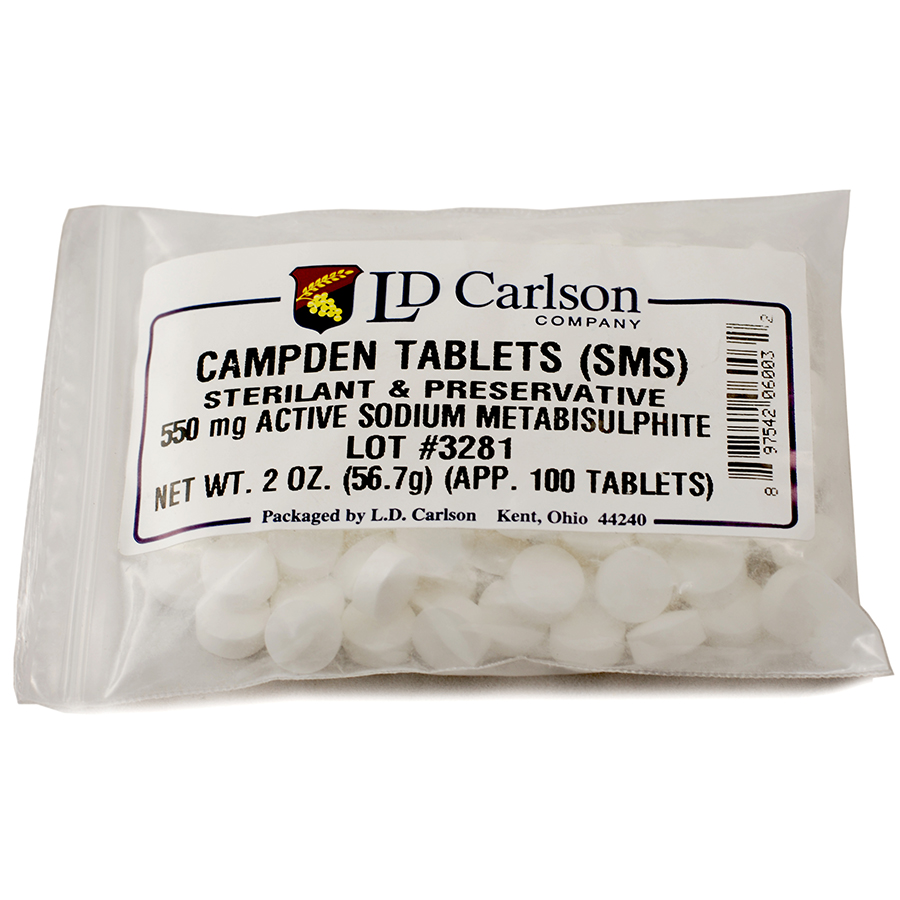What kind of effect does water softening salt have? I'm on a well with a water softener, been thinking about using my water instead of buying jugs.
It replaces most of the calcium, magnesium, and iron(II) cations in the water with sodium. I don't know if its does anything with iron(III) and aluminum.
It doesn't really do anything with anions like sulfate, chloride, carbonate, etc. (I had to look up cation vs anion
You really don't want to use softened water for brewing unless you just use the softened water as feedstock for a Reverse Osmosis machine.
You should have some faucets plumbed with hard water -- usually the kitchen cold water, and outside spigots.































![Craft A Brew - Safale S-04 Dry Yeast - Fermentis - English Ale Dry Yeast - For English and American Ales and Hard Apple Ciders - Ingredients for Home Brewing - Beer Making Supplies - [1 Pack]](https://m.media-amazon.com/images/I/41fVGNh6JfL._SL500_.jpg)



























